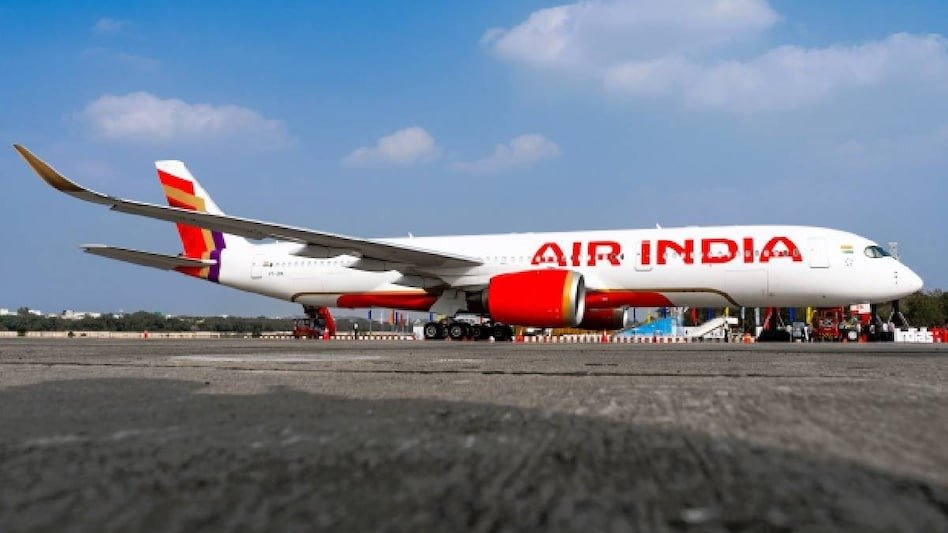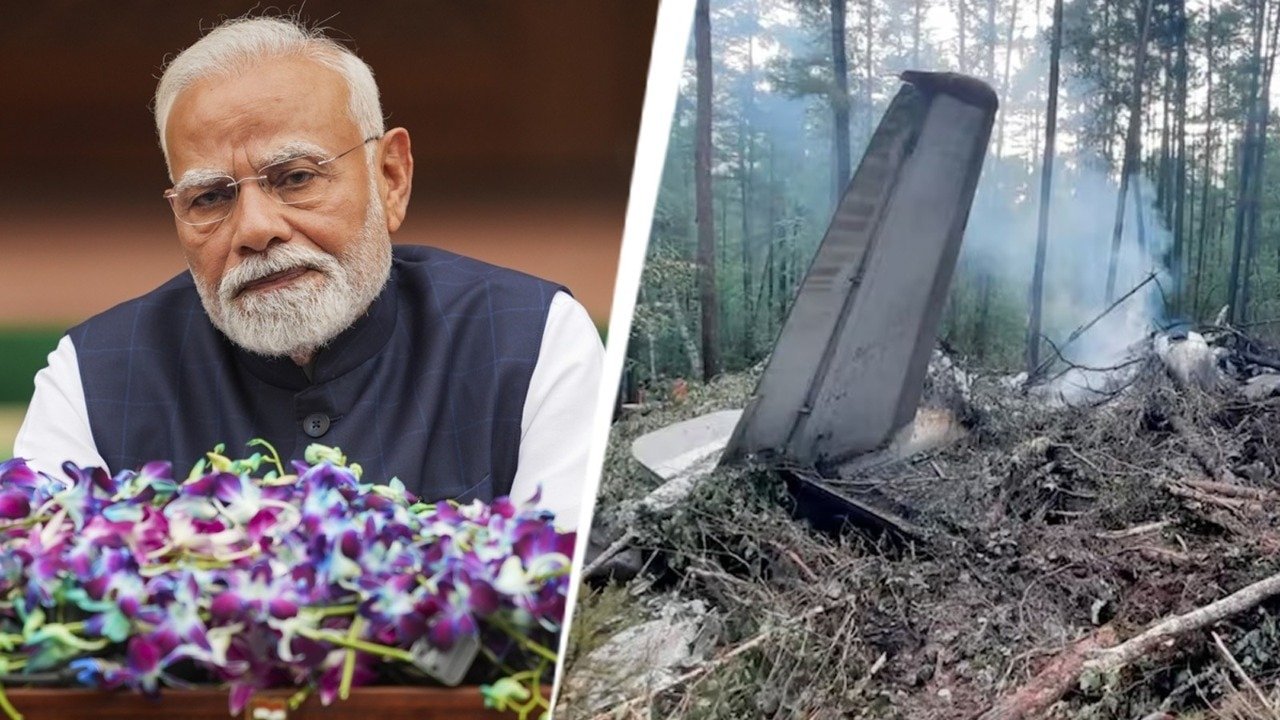India launched Operation Sindhu on Wednesday to evacuate Indians from Iran and Israel in view of the escalation in hostilities between the two countries.
Iran has eased airspace restrictions for three charter flights to evacuate about 1,000 Indian nationals who were moved to safer places from Tehran and more flights could be operated in the coming days for others wishing to return to India, a senior Iranian diplomat said on Friday.
India launched Operation Sindhu on Wednesday to evacuate Indians from Iran and Israel in view of the escalation in hostilities between the two countries. Indian authorities initially decided to move Indian nationals via land border crossings to third countries – Armenia in the case of Iran, and Egypt and Jordan in the case of Israel – before flying them back home.
“Iran’s airspace is closed but because of this issue, we are making arrangements to open it for the safe passage of [Indian nationals],” Mohammad Javad Hosseini, the deputy chief of mission at the Iranian embassy, told reporters on Friday.
A group of 110 Indian students, who were moved from Tehran to Qom and then to Armenia via a land border crossing, returned to New Delhi on a flight from Yerevan on Thursday.
There were about 10,000 Indians, many of them students, in Iran when hostilities erupted over the weekend following Israel’s air strikes on Iranian military and nuclear facilities. India has so far not issued any advisories asking its citizens to leave either Iran or Israel, though it has cautioned nationals in both countries to be vigilant and to restrict their movements. Indian authorities have also asked Indian nationals to move out of Tehran.
Hosseini said all the Indians in Iran are safe, except for a handful who were injured when an Israeli air strike hit a students’ dormitory in Tehran over the weekend. The dormitory had a sizeable number of Kashmiri students. “I don’t know why the Israelis attacked the dormitory of the Indian students,” he said.
The Indian government has thanked the governments of Iran and Armenia for facilitating the evacuation process. The Indian embassy in Tehran has helped large numbers of Indians to move from areas witnessing increased hostilities to relatively safer areas within Iran. Indian nationals in Iran have also been advised to keep in touch with the Indian embassy through its emergency helpline and with the 24×7 control room established by the external affairs ministry in New Delhi.
Israel and Iran have fired hundreds of missiles and drones at each other’s cities and military and strategic facilities since the hostilities began. The clashes continued for the eighth day on Friday, with the Israeli military targeting military facilities in central and western Iran.




